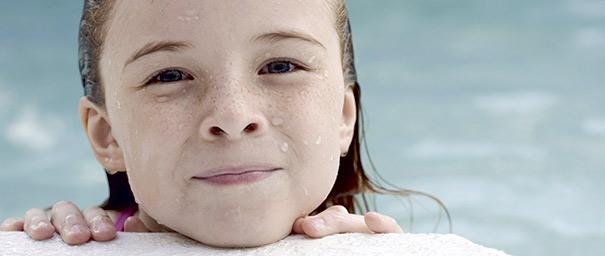
Some want to convince you that manners are old-fashioned. Don’t fall for it.
You may think of your grandma swatting your elbows off the table at dinner when you think of manners. But they are much more than that. Manners impact everything that we do and every relationship we build or try to build for our entire lives. That’s why it’s important that manners are instilled early. And by early, I mean 1-5. They just aren’t too young to start to learn model behavior in some forms. While a 1-year-old isn’t going to chew with her mouth closed and a 2-year-old can’t learn to pull a chair out for his mother, both these children can learn that there are ways to behave and ways not to behave – which is the basic idea of manners.
Infants and children watch bigger people incessantly, imitating at every opportunity. This includes the manners exhibited to them. Whether a parent, a relative, a teacher or a swim instructor,– every person is a role model for good manners. The speech they hear, the examples that they see. A child doesn’t have to be told “this is one of the manners that you should be using” when the best way for them to learn and to begin to use this behavior on their own is by example.
Teaching manners must start with the basics. Saying “please” and “thank you” may not happen when they are 1-year-old but that doesn’t mean that you shouldn’t reinforce it with children as soon as they are beginning to talk. Learning to sit still for more than 5 minutes is a huge achievement for a 2-year-old in the manners department. 2-year-olds may actually enjoy learning polite greetings since they are all about attention. Manners on playdates can be challenging because this requires that they share their toys. Praise for be polite is important. It reinforces our actions – and besides that – complimenting someone for doing something right is polite!
Manners are important in activities like swim lessons too. When everyone is practicing their manners, lessons go more smoothly, we cover much more material, we can pay more attention to each student and everyone is happier. We always try to exhibit good manners of our own and we encourage and praise the good manners of our students during classes.
How children mind their manners affects how others interact with them and how much others – including adults – enjoy being around them. Good manners helps children in social and learning situations and give them a better start in life as a pleasant, happy, agreeable child.


Conversations